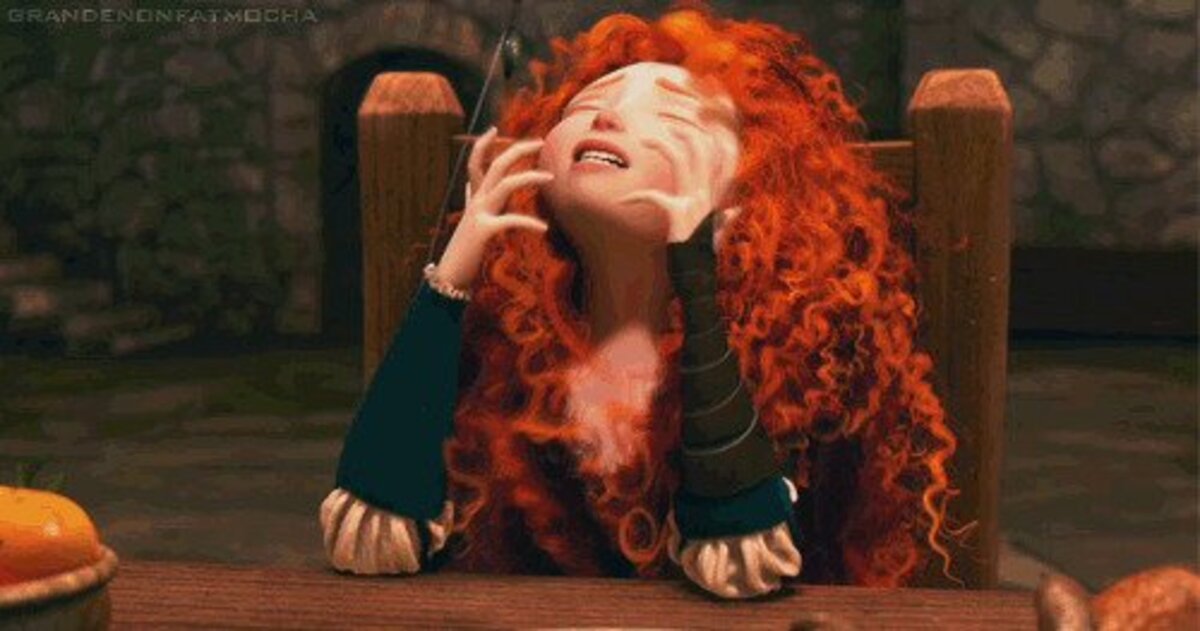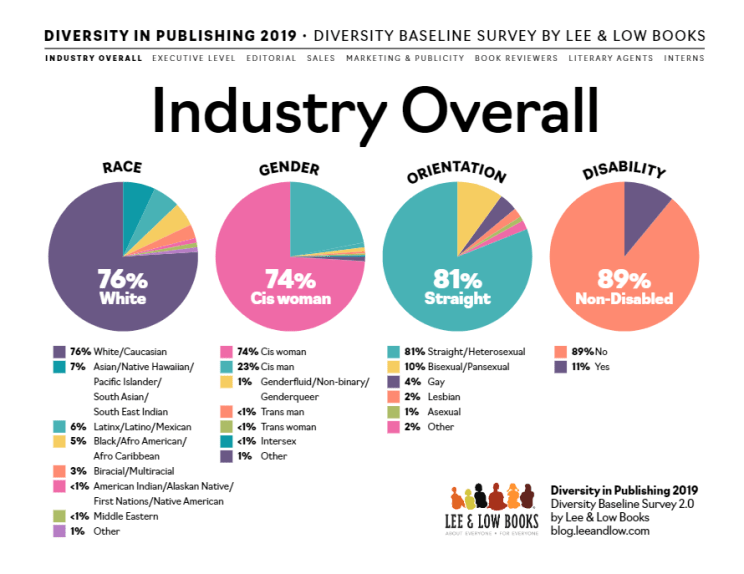Joyce Carol Oates Bemoans Lack of Publishing for White Men When Evidence Says the Opposite
The July Legacy White Author of The Month Complaining About Non-White Authors Just Dropped, and it's a familiar face.

In retweeting a terrible New York Times article that frames criticism of a book as the same thing as banning a book, while also failing to mention the organized, bigoted effort to get certain types of books banned, famed novelist Joyce Carol Oates decided to sprinkle in some more white supremacist commentary to make it that much more despicable. Here, she says a literary agent can’t get editors to query books written by white men, a claim so hilariously false that I’m equally surprised and not surprised that one of the most celebrated women writers would perpetuate it.
Not even three full years out from #PublishingPaidMe and the New York Times (writers) and the Lee & Low (editorial) breakdown of how white publishing is, Oates really thinks that white men can’t catch a break? Black authors (for example) will get a boost during Black History Month, (now) Juneteenth, and after a tragedy that results in increased protest. However, year-round, like other marginalized authors of color, they struggle against racist queries, deals, and that’s if they aren’t outright told “We already have a token [racialized author] this year.”

The math doesn’t add up
Before accounting for sex (which Oates addressed) or even the protagonist of the story (yes, some writers of color write white characters to make ends meet), in 2020, the NYT found that only 11% of fiction books published in 2018 were by authors of color.
Even if we played into her “nightmare” scenario and every year that number went up by 11% (which I’m sure it doesn’t), that would mean that 55% of books were written by people of color (across multiple races) and 45% white. That’s still about half of the publishing and pretty proportional when non-Hispanic white people make up roughly 59.3% of the U.S. population. Census.gov reported that non-white racial and ethnic groups were up to 5% undercounted per group. This was likely overinflated due to the fear spread by Trump trying to add a citizenship question, execution by an underfunded department, and the 2020 census taking place during a worldwide pandemic that affected people of color disproportionately.
There doesn’t need to be a 1-to-1 quota every year that matches up with population percentages, but the fact that we’ve never reached anything close to equality or equity in publishing just goes to show how wrong Oates continues to be, even if publishing were several times better. To be honest, the last time Oates was making the rounds on Twitter was for transphobia (another tool of white supremacy), so are we really surprised? She didn’t even stop there, but continued to engage with those who supported her belief that this was supposedly a widespread issue even within film and television.
Joyce Carol Oates inundated with free research for a day
The next day, Oates finally addressed all of the criticism and tried to have her cake and eat it too by saying that non-white writers have always been disadvantaged. Here, she appears to blame Twitter’s word count and failing to understand the concept of threads (which is an amazing feat considering the amount of time she’s on Twitter.)
I don’t buy this at all. By this logic, we would put the groups of people together (who Oates defines as “white” and “non-white”) as disadvantaged in publishing. Then who is to blame now, Oates? Who is left? This follow-up tweet is written in a tone like it was supposed to free her from the criticism, when instead, she took it as an opportunity to let everyone know she’s apparently right all the time, even when directly contradicting herself.
When people are uncomfortable with the thought of a cultural shift, they will cling to whatever part of their identity holds power and privilege. For many financially stable people of color (a.k.a. the people in popular media), as I’ve seen time and time again, that means being very vocal about promoting individualism and bootstrap-ism. With white women, it is always whiteness. Always.
(featured image: Pixar)
—The Mary Sue has a strict comment policy that forbids, but is not limited to, personal insults toward anyone, hate speech, and trolling.—
Have a tip we should know? [email protected]
